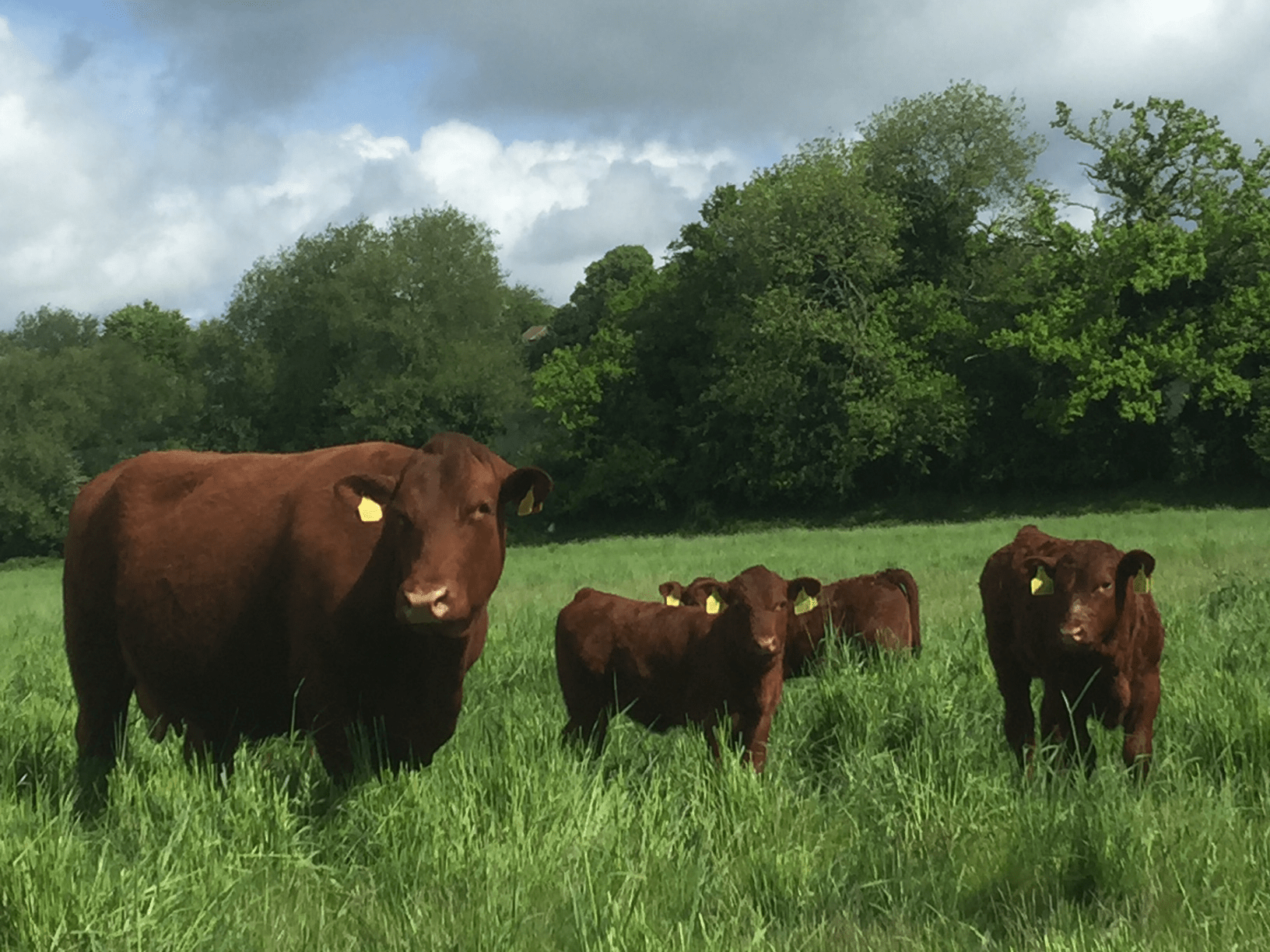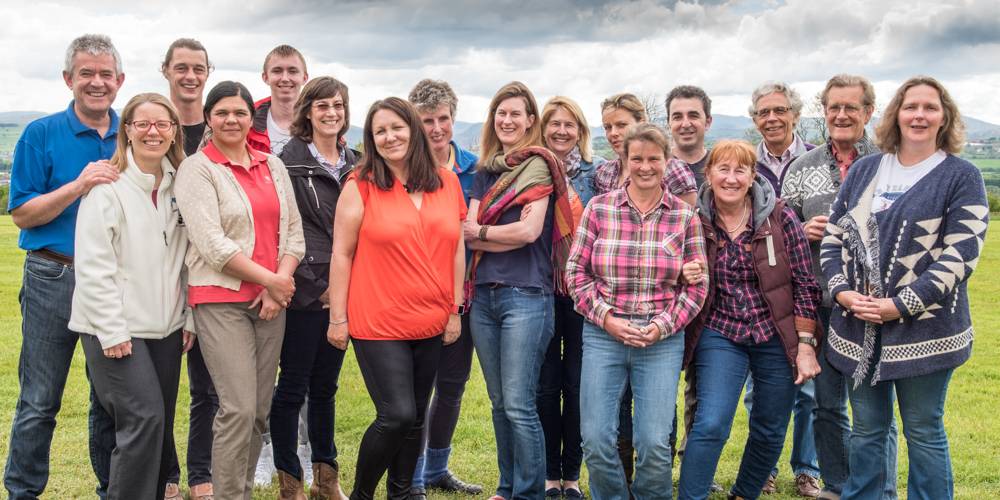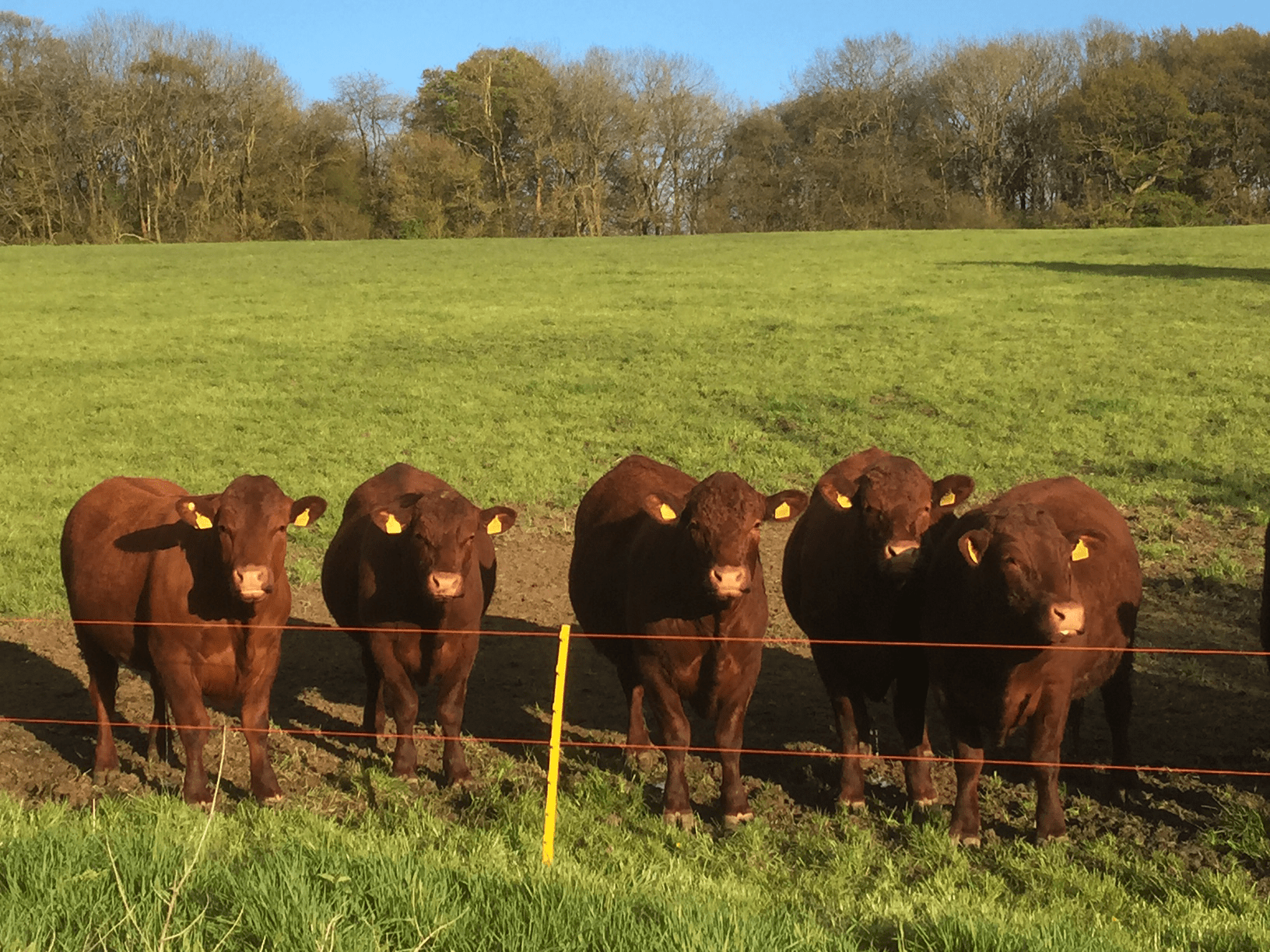Please sign in so that we can notify you about a reply
Soil is rapidly degrading.
Globally, for every 1 tonne of food produced, 20 tonnes of soil are degraded.
What can be done?
Holistic Management is a decision-making framework that enables you to regenerate soil and boost profitability at the same time.
Holistic Management pays big dividends.
I can read the land and see it in a completely different way. I can make sense of what is happening, and how my management is influencing it.
— Richard Park, Low Sizergh Farm
· Double the productivity of land.
· Reduce input costs.
· Increase revenue and profit.
· Thrive without subsidy.
· Lower food costs.
· Access clean water year-round.
· Mitigate drought, flood, and climate change.
· Increase biodiversity.
· Healthy plants, animals and humans.
Build your capacity to regenerate soil profitably, by attending this training course:
Foundations of Holistic Management
3-Day Training Course, 5-7 March 2018
In collaboration with Bailey Hill Farm, near London.
Course Description
This training course covers the fundamentals of Holistic Management:
- The four key insights.
- The four ecosystem processes and how to assess their condition.
- The tools for managing the ecosystem processes, and the results they tend to produce.
The course then moves into holistic decision-making:
- Defining the whole under management.
- Creating a holistic context.
- Using the seven context checks and the feedback loop to ensure better decisions.
It ends with an overview of the Holistic Management planning and monitoring procedures:
- Holistic Financial Planning.
- Holistic Planned Grazing.
- Holistic Land Planning.
- Holistic Ecological Monitoring.
Why are the foundations important?
This course provides you with an overview of the holistic management framework and introduces the foundational concepts and insights which enable you to start practising holistic management straight away.
Foundations of Holistic Management is a prerequisite for all other courses because it lays the foundation for holistic decision-making and planning in any arena of life.
For some, this course is all you need. For most, you will want to carry on with the other courses at your own pace.
How is the course delivered?
- This is a face-to-face, 3-day course, delivered by two Savory Institute Accredited Educators.
- Learning is primarily in the classroom, with a few activities outdoors.
- There are practical exercises mixed throughout, where you apply what you have learned, sometimes by yourself, sometimes with a partner.
Where?
We are delighted to have Jonathan Chapman, of Bailey Hill Farm, as our host farmer. He is practising holistic management with his beef herd. Bailey Hill Farm is a division of Chapman Countryside, which also includes equestrian and coaching businesses, alongside a beef retail business called Native Beef.
Training will be held at Rickmansworth Golf Course, and we’ll visit Jonathan’s nearby farm. Conveniently located, Rickmansworth Station is just 1 hour 10 minutes by train from London Euston Station.
Venue
- The Fairway Inn at Rickmansworth Golf Course
- Moor Lane,
Rickmansworth, Hertfordshire WD3 1QL United Kingdom+ Google Map
Who is the intended audience?
- Livestock farmers
- Arable farmers
- Gardeners
- Conservationists and ecologists
- Food and fibre manufacturers and retailers
- Agronomists
- Academics
- Educators
- Government officials
- Curious consumers
- Management consultants
- Business people
- Healthcare professionals
- Nutritionists
- Those who wish to become a Savory Institute Accredited Professional.
Pricing
How to get ready for the programme?
To get the most out of the course, there is some optional pre-reading. You will be sent E-books by email after you register and pay for the course.
For more details email us or call this number:








